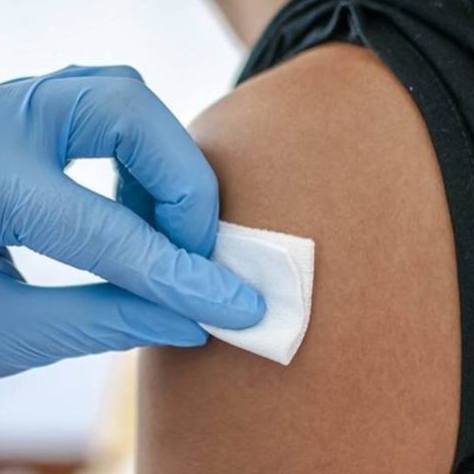-
Infectious Diseases
What parents should know about parechovirus in children, babies
The Centers for Disease Control and Prevention has issued a health advisory, asking clinicians and public health departments to be on the lookout for infants with parechovirus infections. This follows reports of infections in newborns and young infants in multiple states.
Dr. Nipunie Rajapakse, a Mayo Clinic pediatric infectious diseases expert, says while some people may just be hearing about parechovirus, they are a group of viruses that are fairly common in childhood.
Watch: Dr. Nipunie Rajapakse discusses parechovirus in young children.
Journalists: Broadcast-quality video is available in the downloads at the end of the post. Please courtesy: Mayo Clinic News Network. Name super/CG: Nipunie Rajapakse, M.D./Pediatric Infectious Diseases/Mayo Clinic.
"Most children, by the time they enter kindergarten, have actually been infected with this virus," says Dr. Rajapakse. "It typically causes pretty mild symptoms, so you might not ever really know."
Symptoms can include fever, runny nose and cough. However, the virus causes the most severe illness in children under 3 months old.
"What we're seeing is babies who are being admitted to hospital because of fever, sepsis-like illness, and sometimes because of infection of the brain or lining around the brain — we call it meningitis or encephalitis."
Parechovirus is spread in two primary ways: through respiratory droplets and through stool. There is no antiviral or other specific treatment.
"Thankfully, most of the cases reported have been mild, and the child has recovered on their own. But it is possible to have long-term issues, especially neurodevelopmental in some children who have more severe involvement of the brain," says Dr. Rajapakse.
Dr. Rajapakse has this advice for parents of infants.
"If you have a baby, especially under 3 months of age, the most important thing you can do is try and avoid anyone who may be ill. That protects the baby from lots of different types of infections. Also,
practice excellent handwashing, avoid crowded areas where viruses might be spreading, especially in those critical first few months of life."
____________________________________________
Similar content:
Mayo Clinic Minute: Avoid summer E. coli infection with proper burger cooking
Mayo Clinic Minute: Pregnancy is no picnic when it comes to listeria
For the safety of its patients, staff and visitors, Mayo Clinic has strict masking policies in place. Anyone shown without a mask was either recorded prior to COVID-19 or recorded in a nonpatient care area where social distancing and other safety protocols were followed.
Related Articles







